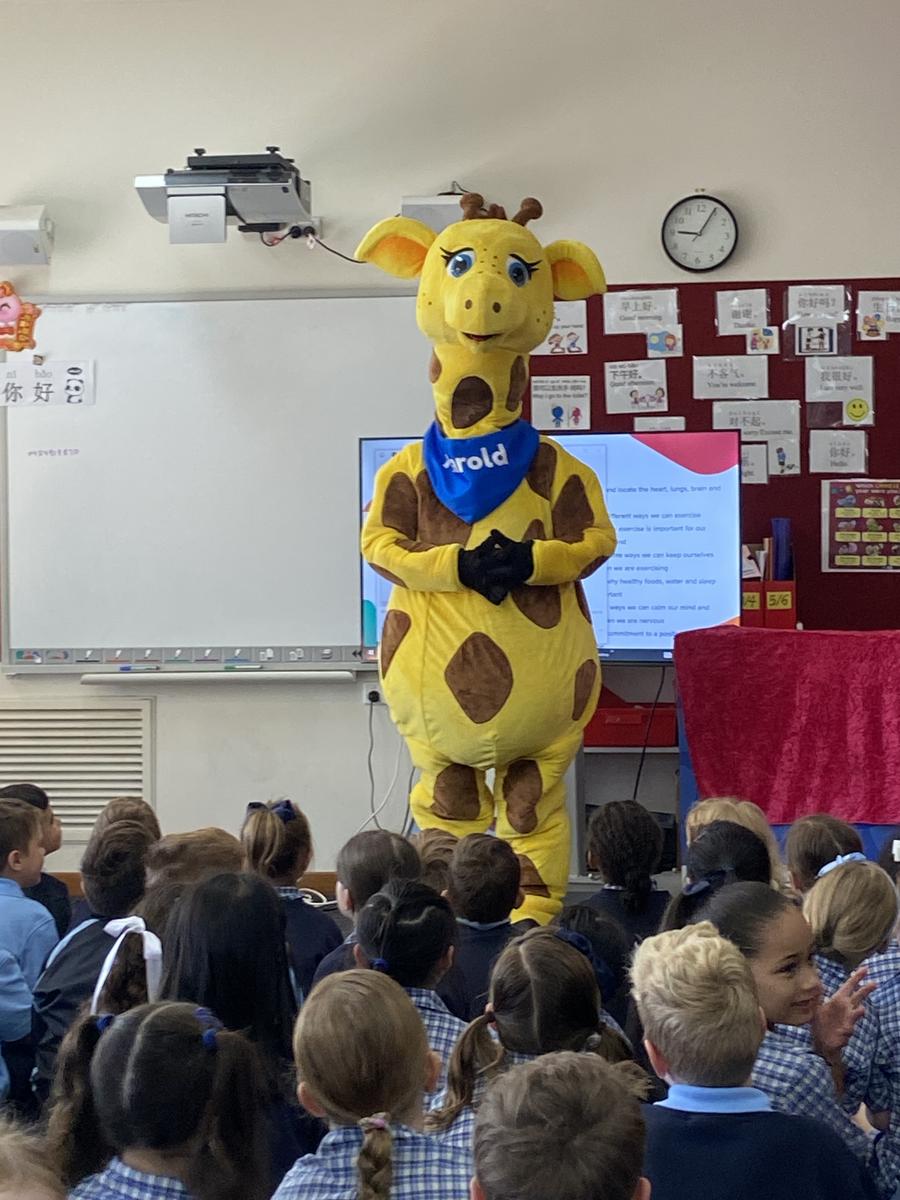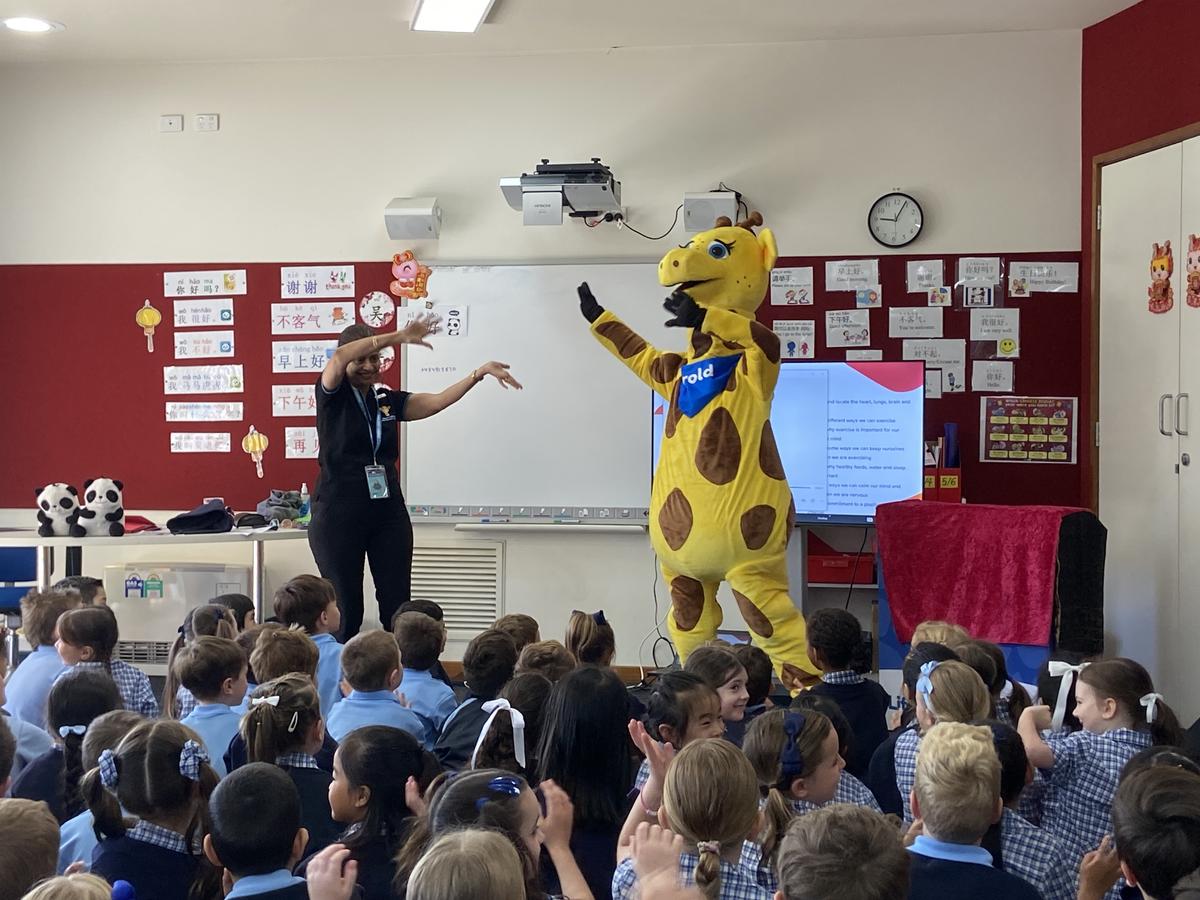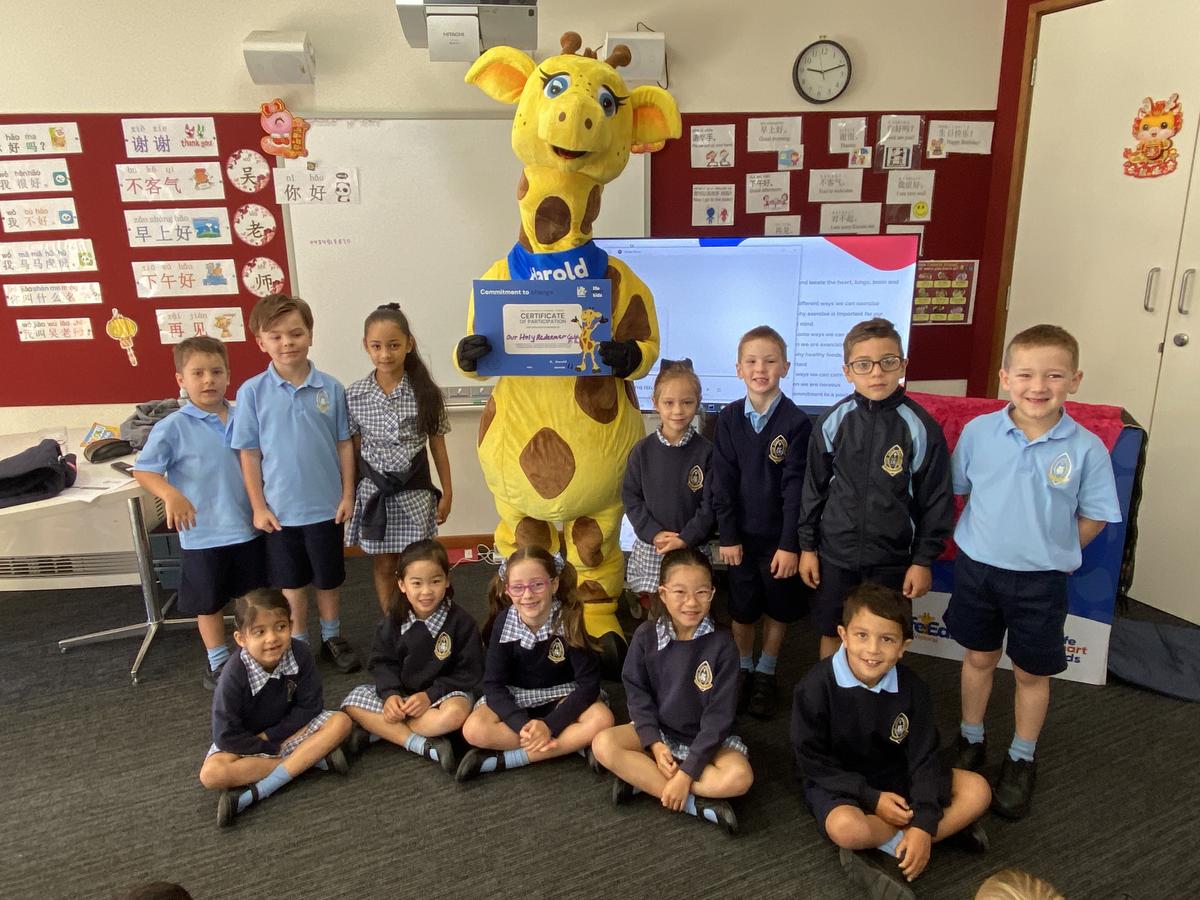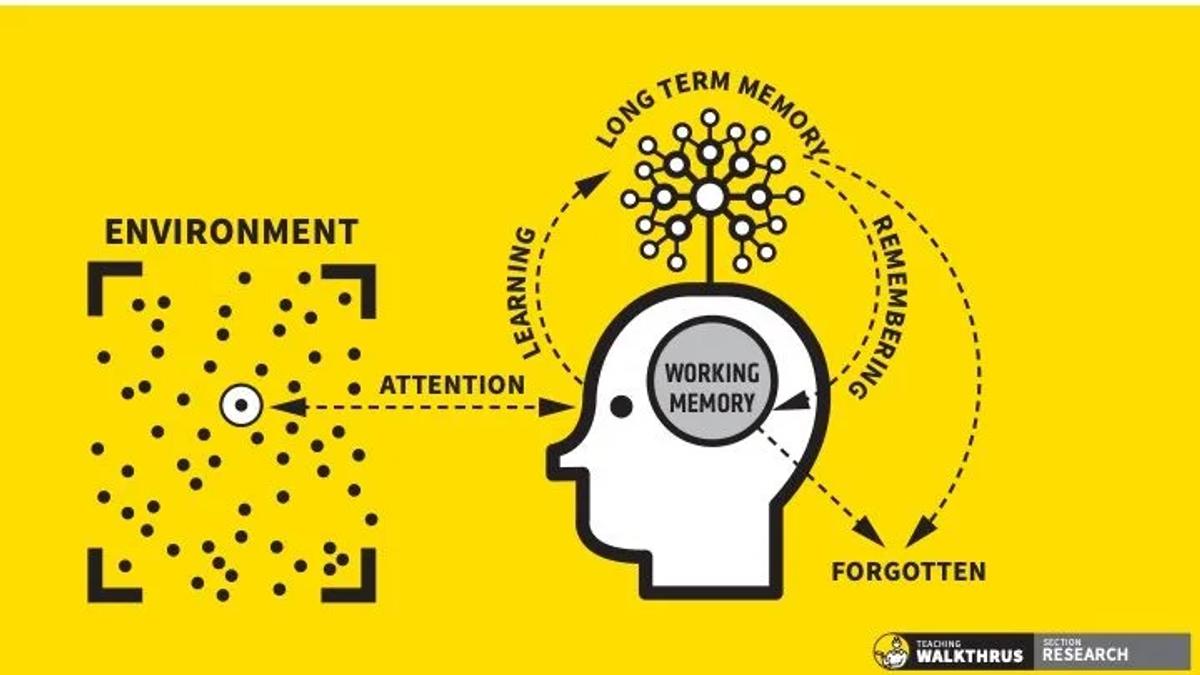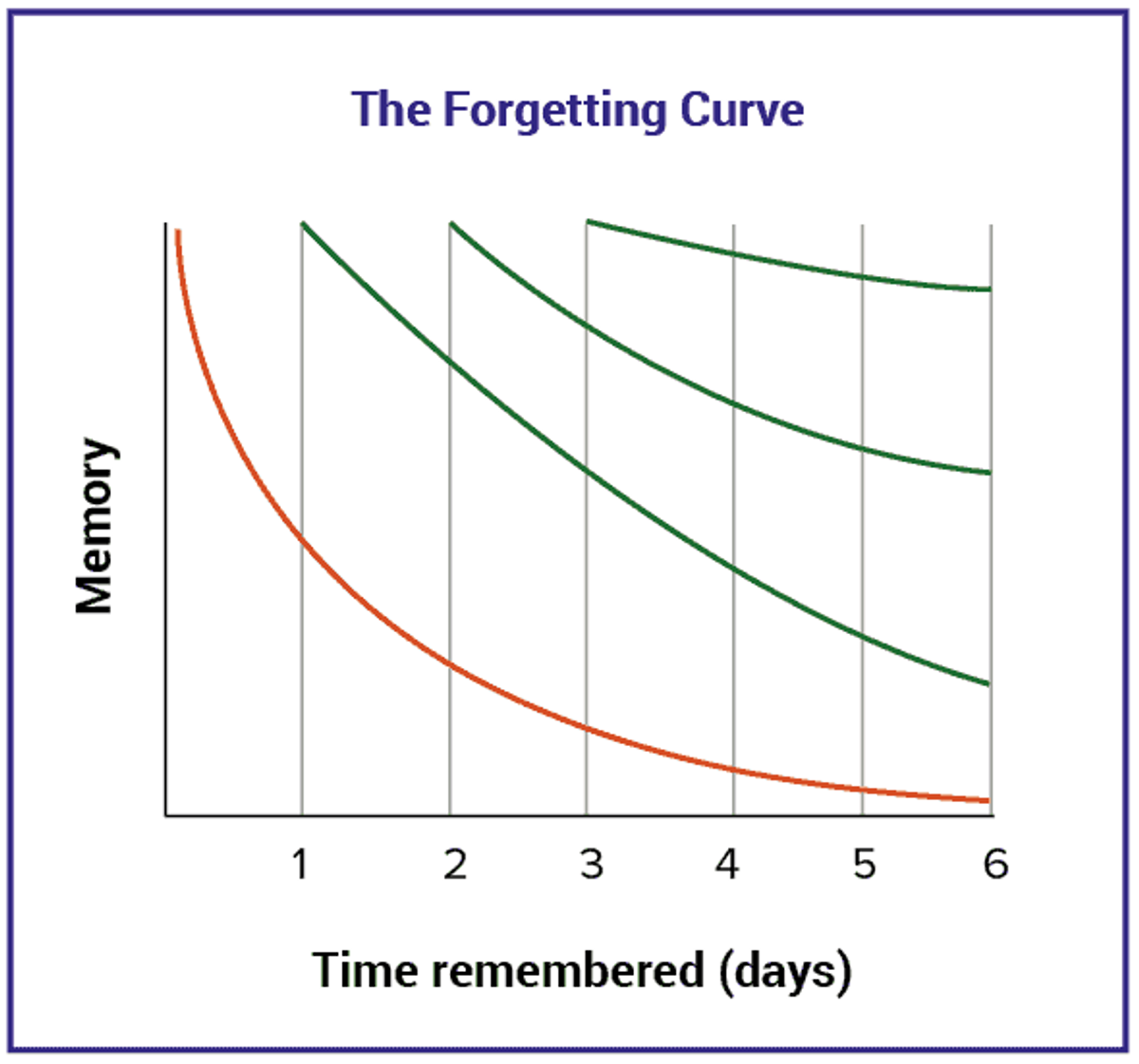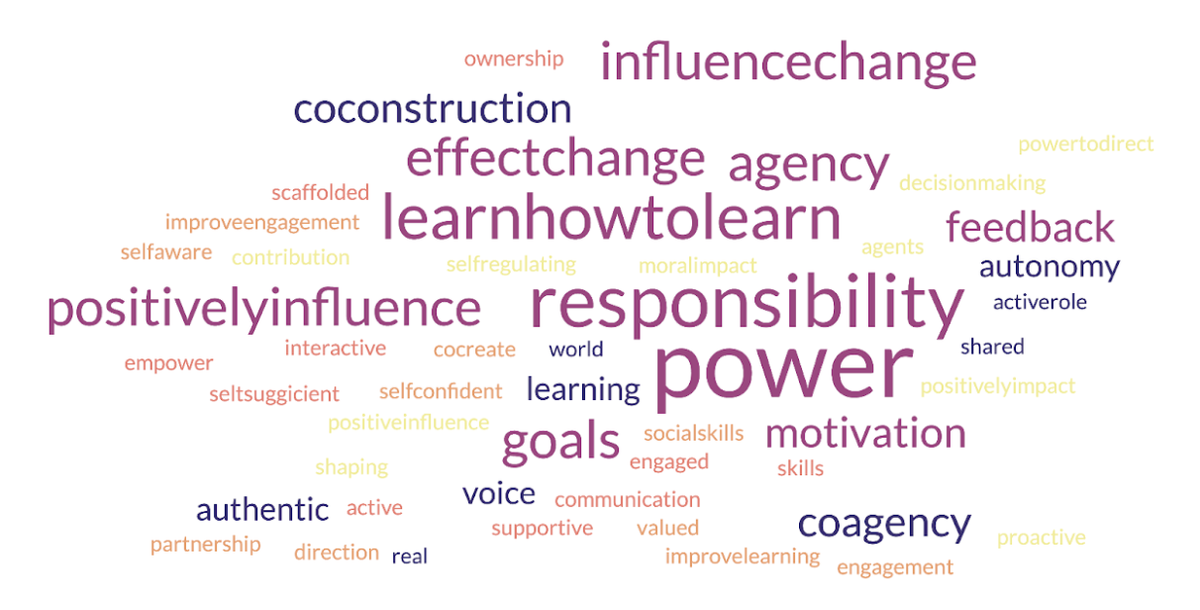Learning & Teaching News

Parent Helpers
We are providing a session to induct parent helpers prior to helping out in the classroom. During this meeting we will discuss the "Do's, Don'ts and Musts" as well as tips to assist you when working with the OHR students. It is strongly recommended that all class helpers attend these sessions.
If you attended this session in 2024, there is no necessity to come again, however, please ensure your Working With Children Check is up to date and Heather has a copy. Also, many parents assist teachers by doing tasks at home, which is greatly appreciated. Please let the teachers know if this is you. (No need to complete induction.)
When: Thursday 6th March at 2.30pm -3.10pm
Where: To be confirmed depending on numbers
Please RSVP to Lisa Canty
lcanty@ohrsurreyhills.catholic.edu.au
Current Parent Helpers
Please remember to let your child's teacher know if you are able to help out in the classroom and what days, times you are available. Some parents have informed us they are willing to help in any classroom, (not just their own child's room), if this is you, please email me and I will pass on this information to the staff.
Lisa Canty
Student Wellbeing Leader
Life Education Workshops
The Rich Concept all levels in the school are exploring this term in their Integrated Unit is 'Choices' with the shared understanding that "When making choices, we have the right and responsibility to consider ourselves, others and the environment." To support this learning, this week each class participated in a workshop with a facilitator from Life Education Victoria. The workshop for each level were as follows:
Prep-2
3/4
5/6
As part of this program, the students in Prep-2 were extremely luck to have a special visitor to OHR on Monday morning, Healthy Harold.
Term Overviews
Click the links below to read the Term 1 Overviews for each year level.
Nick Byrne
Learning & Teaching Leader
Mathematics at OHR: A time of growth
Maths planning and reporting is going through a time of modification as we deepen our understanding about learning and continue to bring to life our belief that learning is a lifelong skill. This year we will be extending and broadening our expert teaching practices, aligning them within additional research. At OHR we believe in evidenced based teaching that takes into account our context and our students’ point of need. Below are some of the terms that the Staff use in their practice and with the students. These will be touched on during our upcoming Information Night.
Retrieval- is the act of bringing information from long-term memory into working memory.
Interleaved practice- is the idea of studying a range of topics more regularly/during a single study session/week/, as opposed to focussing on a single concept (usually called blocked practice).
Spaced or longer cadence retrieval- is reviewing content in growing intervals.
Review- is a short review of learning at the beginning of each lesson.
Reteach- is a short reminder for concepts from previous lessons where students are almost there and need a quick reminder of knowledge or a skill.
Immersed within our wider Learning and Teaching rationale we, at OHR, hold the understanding that learning is a change in long-term memory. This is the basis for our interleaved and spaced planning and teaching practices which you will read in your classes Term 1 Overview and will hear more about during the Information Night.
Students need both working memory and access to knowledge in their long term memory in order for effective learning to take place. The more knowledge stored in long term memory the more space there is in working memory for problem solving and the learning of new information. Students’ capacity for critical thinking, creativity and problem‑solving is greatly enhanced when students have relevant background knowledge consolidated in long‑term memory to draw on. Interleaved and spaced high impact teaching practices support this learning process. Research suggests that interleaving and spacing review of learning aids students in retention of new information. As such, the way we map curriculum across the year will appear to be repeated as we share concepts taught in our Term Overviews. However, within a concept, e.g. addition, there are many strategies, processes and skills that are taught sequentially and therefore concepts will be taught in smaller chunks, interwoven within other relevant and linked concepts as well as being reviewed more often.
Our expert teachers at OHR guide, scaffold and extend the students' learning to support the retention of new knowledge. Planning and teaching strategies use intentionally interleaved and spaced practices whilst considering the breadth and depth of the maths curriculum by teaching, reteaching and reviewing concepts throughout the year. You will notice across the year that concepts are taught and reviewed several times, each time building and extending on previous knowledge. This is opposed to previous ‘block’ teaching which would see concepts taught in larger chunks, less often. It is important to teachers at OHR that students receive learning at their point of need, this is determined through utilising checking for understanding strategies in each lesson as well as through our assessments. These practices facilitate scaffolding, extension and support differentiation and targeted teaching.
At OHR we further believe that learning should be engaging and relevant in order for our students to be motivated to learn and become self directed, life long learners themselves. The teaching and learning of mathematics at OHR links everyday experiences and contexts with maths concepts and balances this with utilising explicit teaching methodologies in a supportive environment.
Penny Hansen
Mathematics Leader




